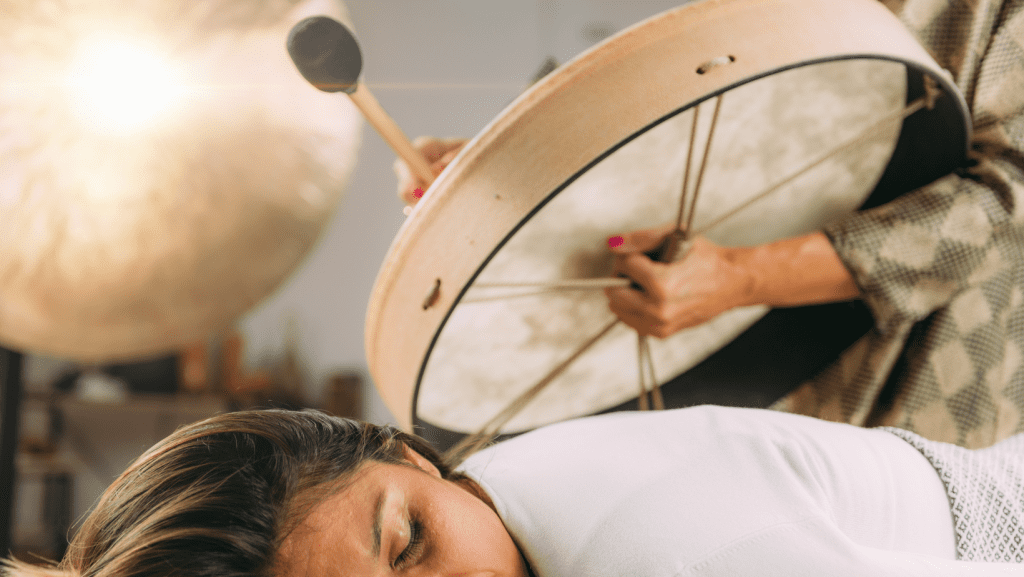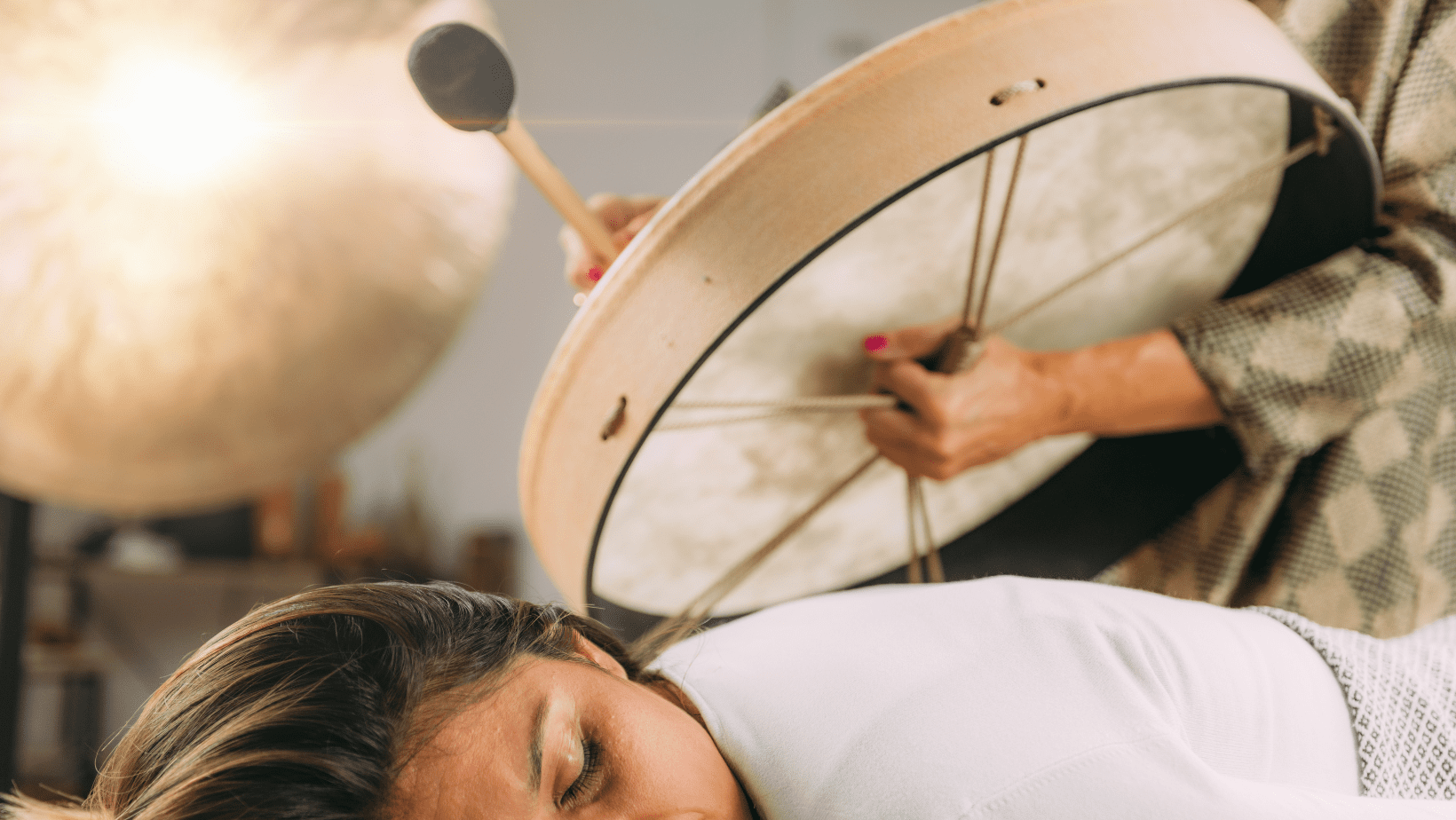

Could your favorite playlist be the secret to faster healing? Research presented at the 2024 ACS Clinical Congress suggests that listening to music is a simple yet effective way to enhance recovery after surgery. A comprehensive review of 35 studies revealed that patients who listened to music experienced significant benefits, whether they used headphones or speakers:
- Pain Relief: Patients reported up to 19% less pain, with notable reductions measured on standard pain scales.
- Reduced Anxiety: Anxiety levels dropped by 3%, providing a calmer recovery experience.
- Less Opioid Use: Music listeners required less than half the morphine compared to non-listeners.
- Lower Heart Rate: Heart rates fell by an average of 4.5 beats per minute, enhancing oxygen and nutrient circulation crucial for healing.
Dr. Eldo Frezza, senior author of the study, emphasized the simplicity and affordability of music as a recovery tool. Unlike active therapies such as meditation or physical exercises, listening to music is a passive activity that can be easily integrated into post-surgical care. “Music helps bridge the transition from anesthesia to normalcy,” he explained.
First author Shehzaib Raees highlighted the psychological impact: “Music allows patients to relax and disassociate from pain without requiring effort, creating a sense of comfort and perceived improvement.”
Why Music Works
The calming effects of music may be linked to lower cortisol levels, a stress hormone that influences recovery. Music can also regulate heart rhythms, reducing the risk of complications such as tachycardia. Though the exact mechanisms need further exploration, the therapeutic value of music is becoming increasingly recognized.
Cafe De Anatolia: Healing Through Sound
For those seeking a soothing recovery experience, music from labels like Cafe De Anatolia can provide the ideal soundtrack. Known for its organic house and deeply relaxing melodies, Cafe De Anatolia’s tracks promote tranquility and emotional well-being, making them a valuable addition to any recovery playlist.
Future Directions
The study authors propose further research to evaluate the integration of music in surgical and intensive care settings. A planned pilot program aims to refine the application of music therapy for broader medical use.
For now, patients are encouraged to listen to music they enjoy. “We’re not suggesting one genre is superior,” Dr. Frezza noted. “Music’s ability to provide comfort and familiarity is universal.”
Whether you prefer uplifting beats or calming tunes, let music be a partner in your healing journey.

